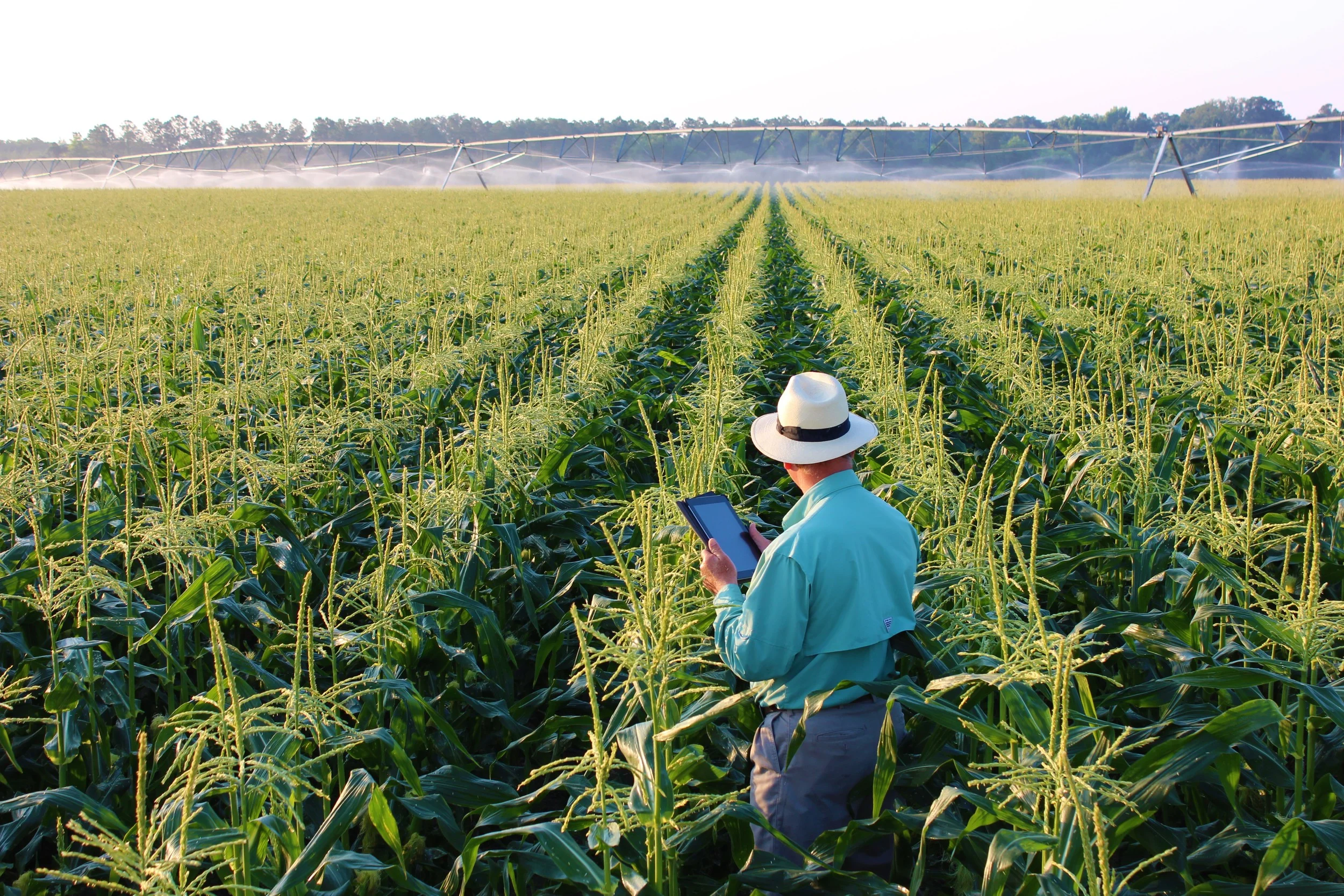
Projects
For the last 15 years, the Flint River Soil and Water Conservation District has been actively engaged in a diverse suite of conservation initiatives. Over time, the Flint District’s impact has expanded significantly from the lower Flint River Basin. Current District projects now encompass over 100 counties in Georgia as well as regions of Florida and Alabama.
The projects detailed below total over $22,000,000 in conservation impact!
project focus areas:
Pilot projects to assess viability of conservation-driven innovation through technology transfer;
Targeted funding for widespread implementation and adoption of conservation practices;
Demonstration projects to showcase proven technologies and increase adoption; and
Conservation and education-focused initiatives that transition into long-term programs.
Current and Past Projects
View fullsize
![Watershed and Flood Prevention Operations (2022-2027)]()

Watershed and Flood Prevention Operations (2022-2027)
View fullsize
![Water Conservation through Smart Irrigation Technologies for Agricultural Producers in the Apalachicola-Chattahoochee-Flint River Basin (2018 - 2020)]()

Water Conservation through Smart Irrigation Technologies for Agricultural Producers in the Apalachicola-Chattahoochee-Flint River Basin (2018 - 2020)
View fullsize
![Enhancing Irrigation Water Management in Pecan Production (2018 - 2019)]()

Enhancing Irrigation Water Management in Pecan Production (2018 - 2019)
View fullsize
![INNOVATIVE CONSERVATION AT THE ENERGY-WATER NEXUS (2018 - 2020)]()

INNOVATIVE CONSERVATION AT THE ENERGY-WATER NEXUS (2018 - 2020)
View fullsize
![MODULAR VRI DEMONSTRATION PROJECT (2017 - 2022)]()

MODULAR VRI DEMONSTRATION PROJECT (2017 - 2022)
View fullsize
![Peanut Sustainability (2017 - Present)]()

Peanut Sustainability (2017 - Present)
View fullsize
![Climate Resiliency for Alabama, Florida, and Georgia (2017 - 2021)]()

Climate Resiliency for Alabama, Florida, and Georgia (2017 - 2021)
View fullsize
![Integrating Precision Irrigation Technologies to Create a Farmer-Ready Dynamic Variable Rate Irrigation System (2017 - 2020)]()

Integrating Precision Irrigation Technologies to Create a Farmer-Ready Dynamic Variable Rate Irrigation System (2017 - 2020)
View fullsize
![Urban Agriculture Conservation (2016 - 2017)]()

Urban Agriculture Conservation (2016 - 2017)
View fullsize
![Optimizing Irrigation through Innovation in the Spring Creek Basin (2016 - 2018)]()

Optimizing Irrigation through Innovation in the Spring Creek Basin (2016 - 2018)
View fullsize
![ACFR Conservation Partnership for Alabama, Florida, and Georgia (2015 – 2020)]()

ACFR Conservation Partnership for Alabama, Florida, and Georgia (2015 – 2020)
View fullsize
![Enhancing Conservation in the Lower Flint River Basin (2015 – 2017)]()

Enhancing Conservation in the Lower Flint River Basin (2015 – 2017)
View fullsize
![Low-cost Irrigation Scheduling Technology Project (2013 – 2017)]()

Low-cost Irrigation Scheduling Technology Project (2013 – 2017)
View fullsize
![]()

Precision Weather Forecasting Pilot Project (2013 – 2014)
View fullsize
![Irrigation Automation Pilot Project (2011 – 2014)]()

Irrigation Automation Pilot Project (2011 – 2014)
View fullsize
![Coca-Cola Replenishment Project (2007 - Present)]()

Coca-Cola Replenishment Project (2007 - Present)
View fullsize
![Enhancing Conservation Program Delivery in the Lower Flint River Basin (2012 – 2015)]()

Enhancing Conservation Program Delivery in the Lower Flint River Basin (2012 – 2015)
View fullsize
![Advanced Irrigation Management (AIM) Project (2010 – 2011)]()

Advanced Irrigation Management (AIM) Project (2010 – 2011)
View fullsize
![Agricultural Water Enhancement Program (2009 – 2013)]()

Agricultural Water Enhancement Program (2009 – 2013)
View fullsize
![Remote Soil Moisture Monitoring Pilot Project (2005 – 2007)]()

Remote Soil Moisture Monitoring Pilot Project (2005 – 2007)
